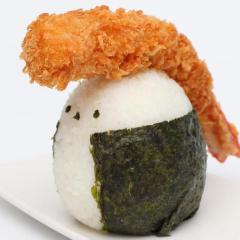-
Welcome to the eG Forums, a service of the eGullet Society for Culinary Arts & Letters. The Society is a 501(c)3 not-for-profit organization dedicated to the advancement of the culinary arts. These advertising-free forums are provided free of charge through donations from Society members. Anyone may read the forums, but to post you must create a free account.
Vegetable oil
-
Similar Content
-
- 458 replies
- 141,480 views
-
Cooking with "Six Seasons: A New Way with Vegetables," by Joshua McFadden 1 2 3 4 12
By blue_dolphin,
- 287 replies
- 89,667 views
-
- 46 replies
- 9,639 views
-
- 46 replies
- 9,639 views
-
Bergamot: Suggested fruits/vegetables to add to jams and marmalades that use bergamot, and any other ideas for using it.
By cteavin,
- 8 replies
- 890 views
-
-
Recently Browsing 0 members
- No registered users viewing this page.





Recommended Posts